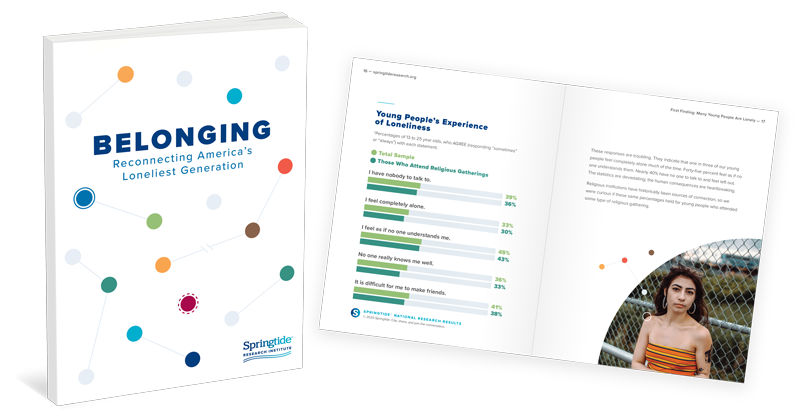
Adult Credibility Begins with a Relationship
Listening to the voices of young people, we are reminded that a professional title, job description, or credential isn’t what gives an adult credibility in a young person’s life. Relationships do. And those relationships are built intentionally and over time.
Gracie O’Rorke, a first-year student at Vanderbilt University, notes that effective leaders also encourage relationships among those they serve.
I was pleasantly surprised by the thoughtfulness leaders put into the [Bible study] gathering; we were divided into “small groups” that forced us to meet new people. It was humbling to observe as people who were once strangers quickly became friends and every week, come hell or high water, continued to be in the Fireside Lounge on Monday afternoons ready to be a listening ear or a shoulder to cry on.
(Gracie O’Rorke, “Neighborly Faith,” The Vanderbilt Hustler, Sept. 13, 2019. Reprinted with permission of the author.)
Young people, our study reports, say that adults are extremely important in their lives. Through both our survey and interviews, we also find that positive relationships with adults consistently serves young people as a protective factor against negative outcomes and an asset for engaging in flourishing communities where the young people are comfortable and feel like they can be themselves. Furthermore, young people with adult mentors feel less lonely.
There is work to do. Nearly one in ten young people does not have a trusted adult in their life, this could even include a parent; 23.4% of young people only have one trusted adult in their life. Our interviewees reported that the groups they felt where they belonged the most were ones where they had a great relationship with an adult who cared about them.
If we want young people to build healthy, happy relationships, we, as leaders, must first foster safe and trusted relationships with young people. The rest will follow.





